Cathie Wood says Wall Street is overlooking AI’s biggest payoff.
The CEO of Ark Invest said at the All-In Summit 2025 in September that the real AI revolution is happening in hospitals and labs — and investors are…
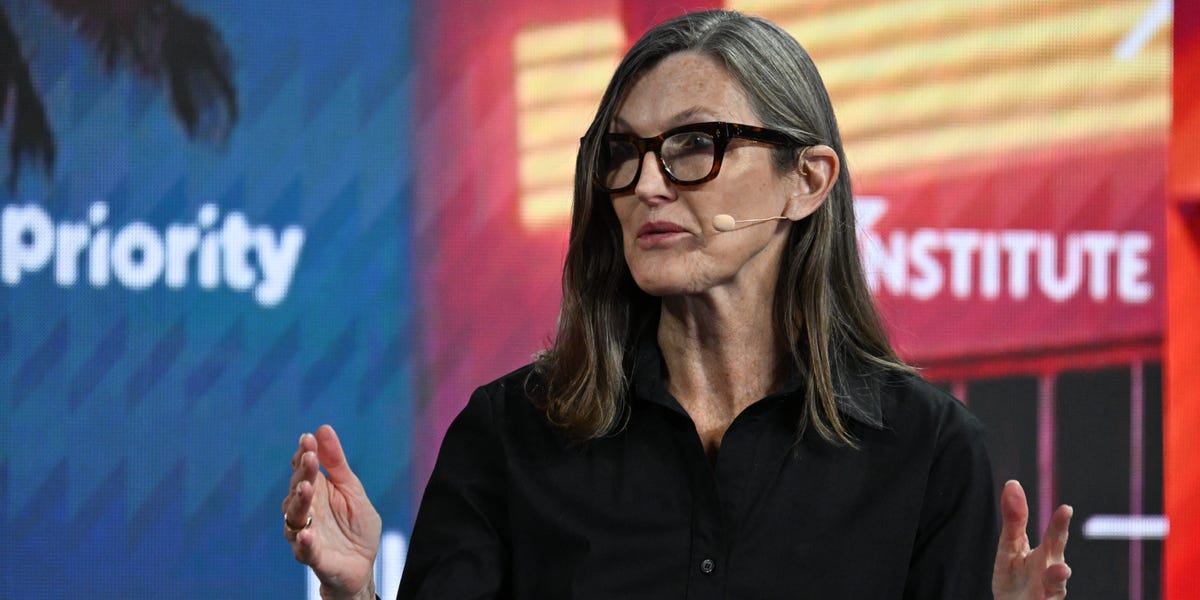
Cathie Wood says Wall Street is overlooking AI’s biggest payoff.
The CEO of Ark Invest said at the All-In Summit 2025 in September that the real AI revolution is happening in hospitals and labs — and investors are…
This request seems a bit unusual, so we need to confirm that you’re human. Please press and hold the button until it turns completely green. Thank you for your cooperation!

Multiligamentous knee injuries (MLKI) are defined as injury to two or more of the major knee ligaments comprising the anterior cruciate ligament (ACL), posterior cruciate ligament (PCL), posteromedial corner (PMC) (including the…

Chinese drone maker DJI’s upcoming Osmo Pocket 4 handheld gimbal camera series has surfaced online, with reports suggesting the Pro version will feature significantly improved zoom capabilities. According to The New Camera, the lineup…
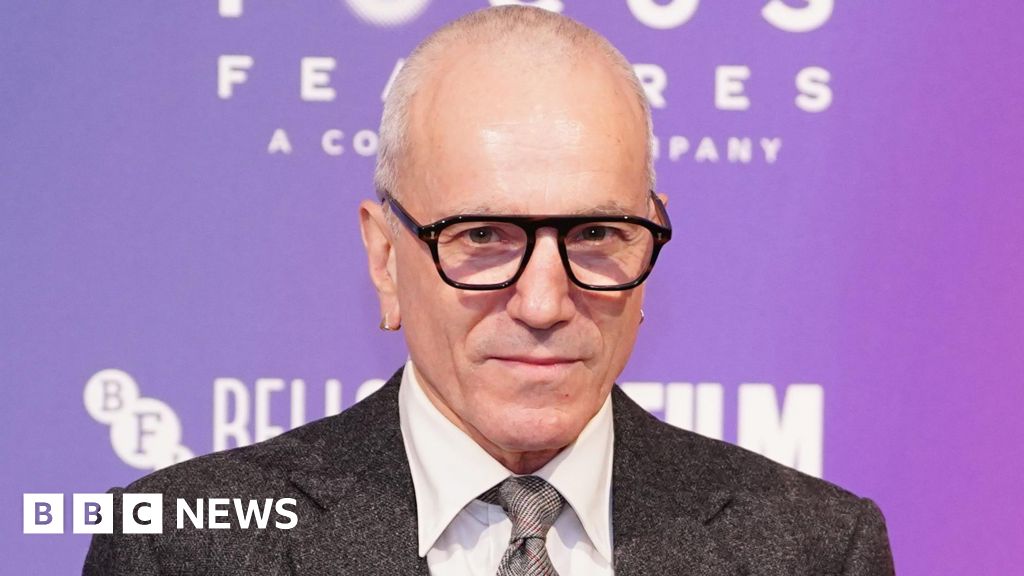
Lizo MzimbaEntertainment correspondent, the London Film Festival
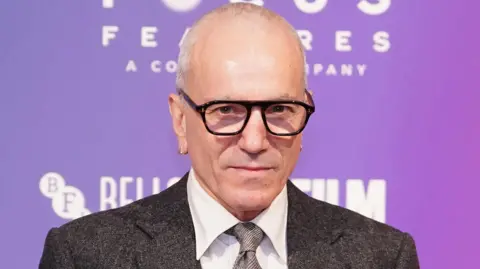 PA Media
PA MediaDaniel Day-Lewis may have returned to acting after a seven-year absence, but the actor has said he has not been…
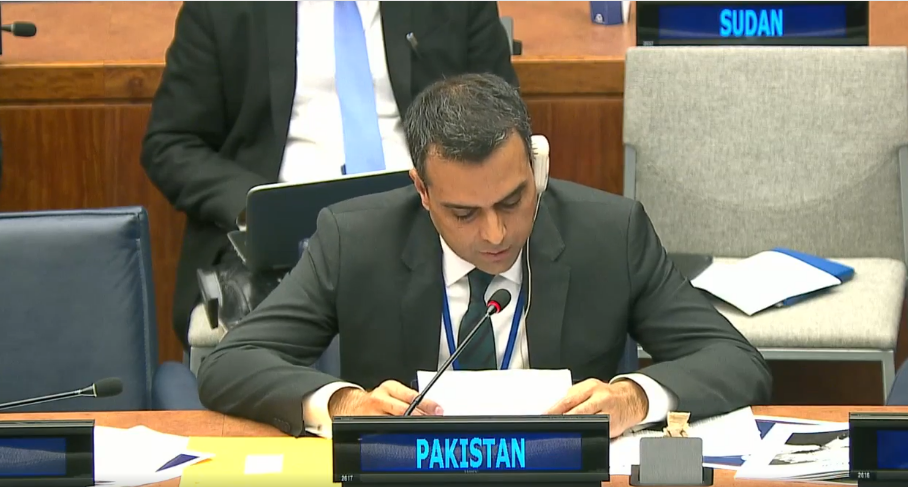
– Advertisement –
Iftikhar Ali
UITED NATIONS, Oct 15 (APP):Pakistan has urged the United Nations Security Council to fully support the political roadmap proposed by UN’s top envoy for Libya which aims to guide the divided country toward…
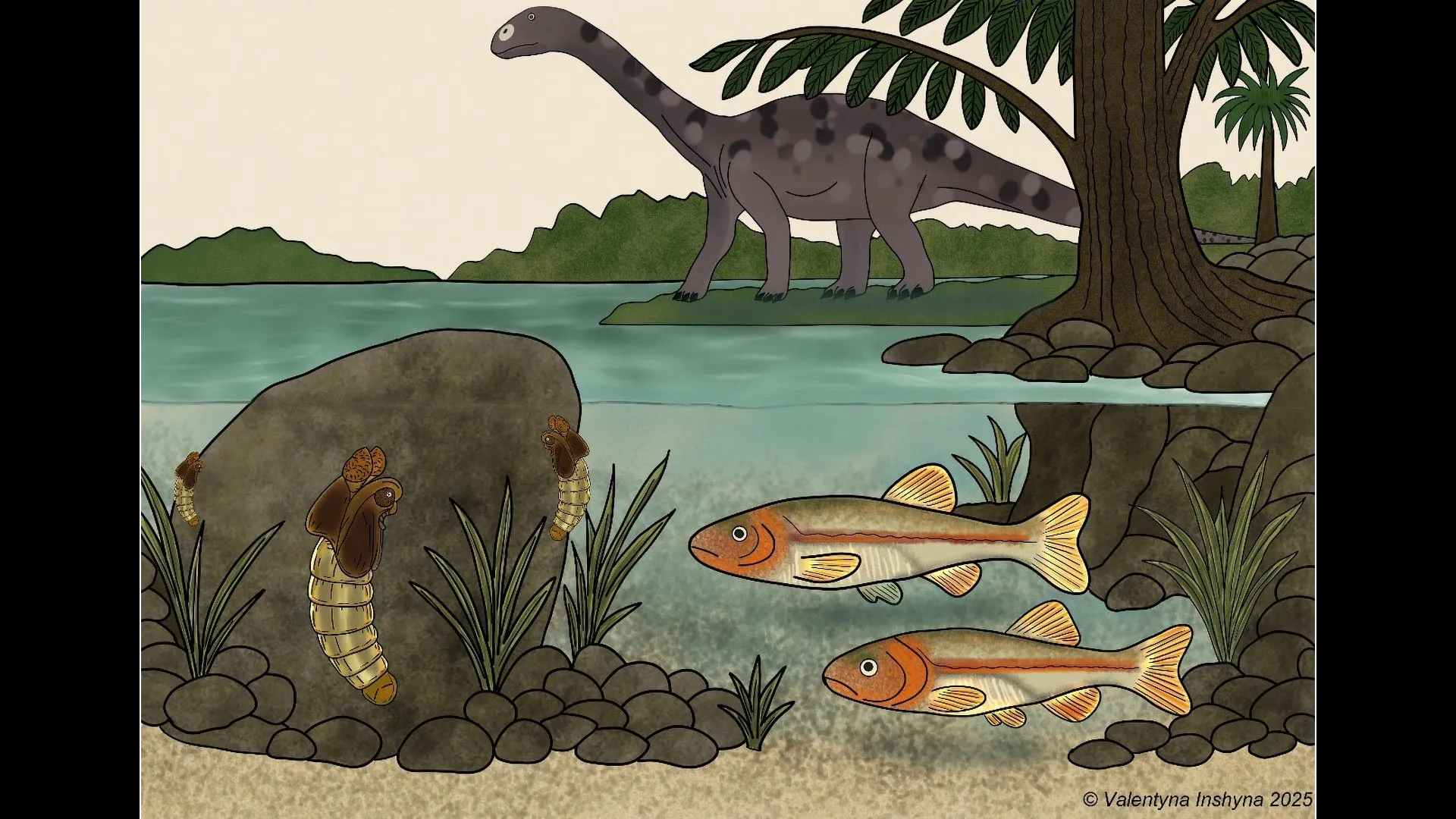
An international group of researchers led by the Doñana Biological Station (EBD-CSIC) has identified a previously unknown species of fossilized insect from the Jurassic period in Australia, estimated to be about 151 million years old. This…
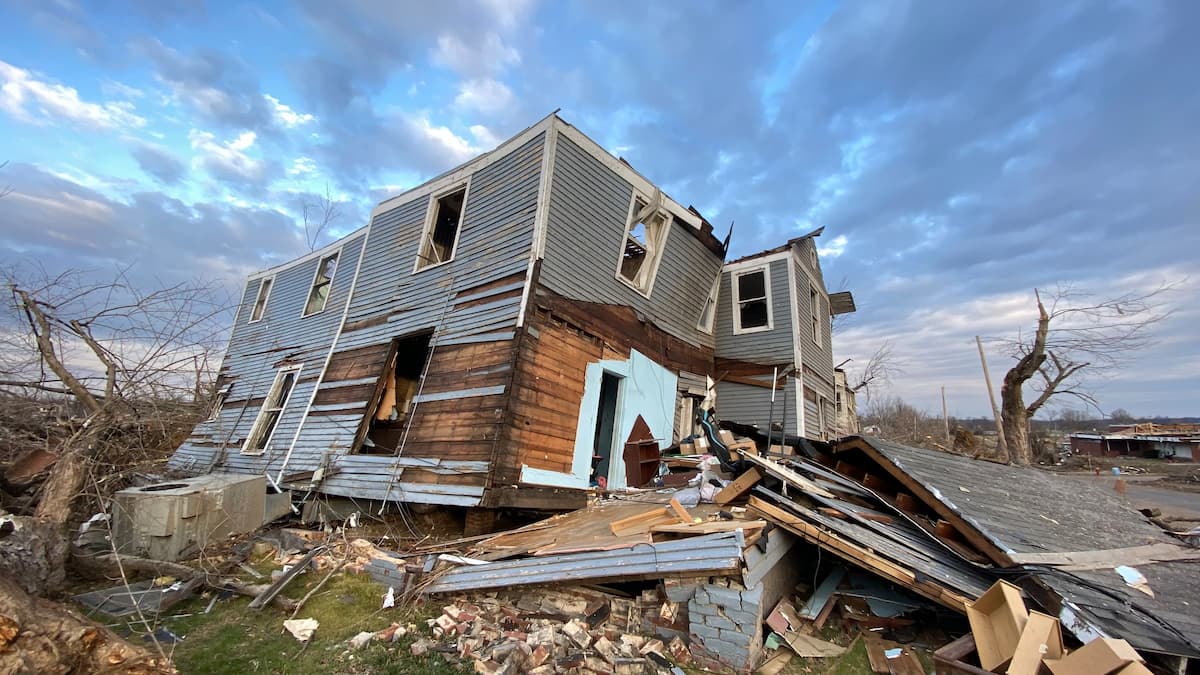
Central banks are within their mandate to consider physical and transition risks from climate change and the impact on bank losses, Kevin Stiroh, former chair of the US Federal Reserve’s supervision climate committee, told Green Central Banking.
If climate change has a material impact on banks, “then that’s a risk that banks should be expected to manage”, he said.
“If the discussion is about the impact of climate change on the real economy or on the financial sector, that seems relevant for all central banks, for all supervisory authorities … a shock is a shock. Anything that can impact the real economy should be understood and should be part of the risk monitoring and assessment process.”
Stiroh, who recently joined economic thinktank Resources for the Future as a senior fellow, has co-authored a report with several Fed economists which sets out a framework to help central banks better understand if adjustments are needed to regulatory frameworks to better account for climate change risks.
Central banks regulate how much capital banks need to hold in case of losses, and this amount varies based on several factors. The Basel Committee sets international standards for large, systemically important banks but central banks can vary the rules.
US banks have long pushed for lower capital requirements which were raised in the aftermath of the 2008 financial crisis. Those requirements are expected to fall under President Donald Trump who has taken a deregulatory approach and moved away from the green policies of the previous administration.
While climate risk mitigation and the transition to a green economy is seen as falling under the mandate of some central banks like the European Central Bank and Bank of England, it is not a clear mandate for others. And central banks need to act within their mandates, said Stiroh.
But understanding potential risks does fall under the supervision of central banks, he said.
Stiroh and his co-authors – Michael Holscher and David Ignell from the Federal Reserve of New York and Federal Reserve Board manager Morgan Lewis – contend that climate change could impact the reserve capital needs of financial institutions.
“While climate change could potentially impact the regulatory capital regime in several ways, an internally coherent approach requires a strong link between specific assumptions about how financial risks may manifest as bank losses and what objectives regulators are pursuing,” the paper states.
The paper presents a framework to help supervisors understand how to think about climate change and its potential effects on the real economy, and how they might respond through regulatory capital requirements.
Bank capital is used to absorb both expected and unexpected losses. While banks usually expect a certain degree of losses, the inherent uncertainty of climate change makes those losses not only unexpected but harder to predict.
“A fundamental challenge is that the impact of climate change on the economy and financial sector is subject to enormous uncertainty and policymakers will not know with certainty how or if the loss-generating process is evolving,” the paper states. “This creates challenges for prudential policymakers interested in expected and unexpected losses.”
This page was last updated October 15, 2025

Tomorrowland isn’t just about music, it’s also a universe full of stories.
Over the past few years, a series of Tomorrowland novels have been released, letting fans explore magical lands, unique characters, and exciting adventures beyond the…